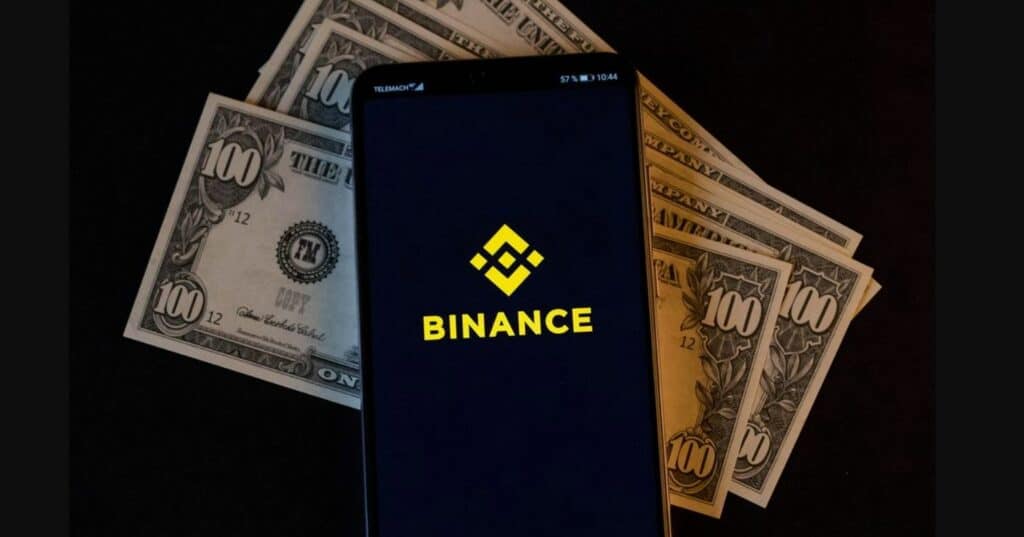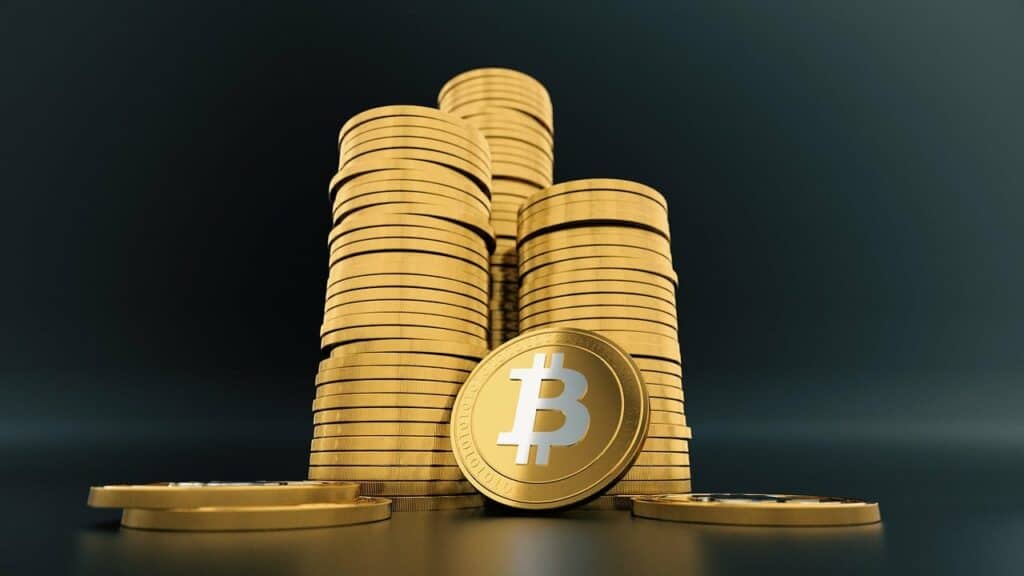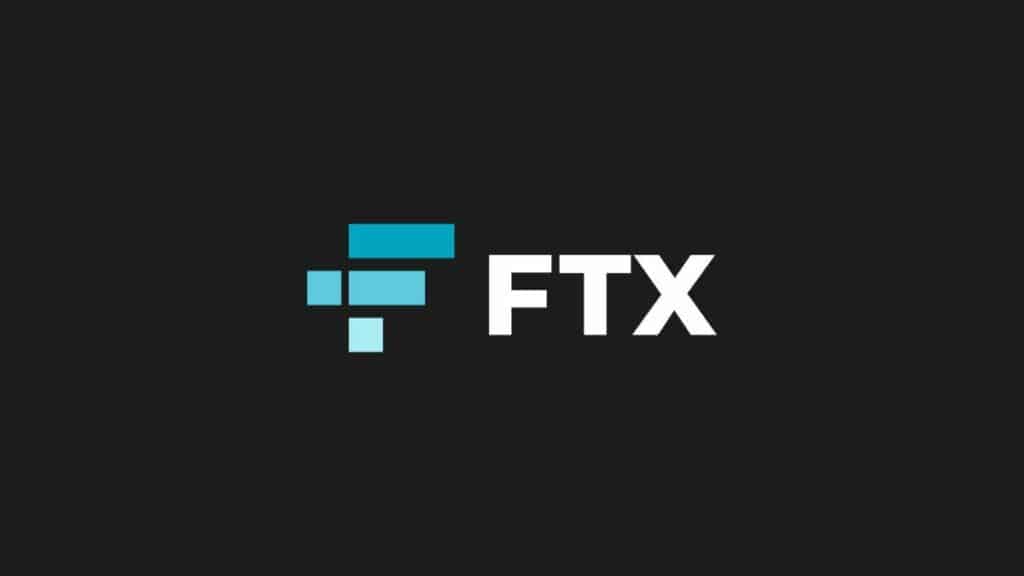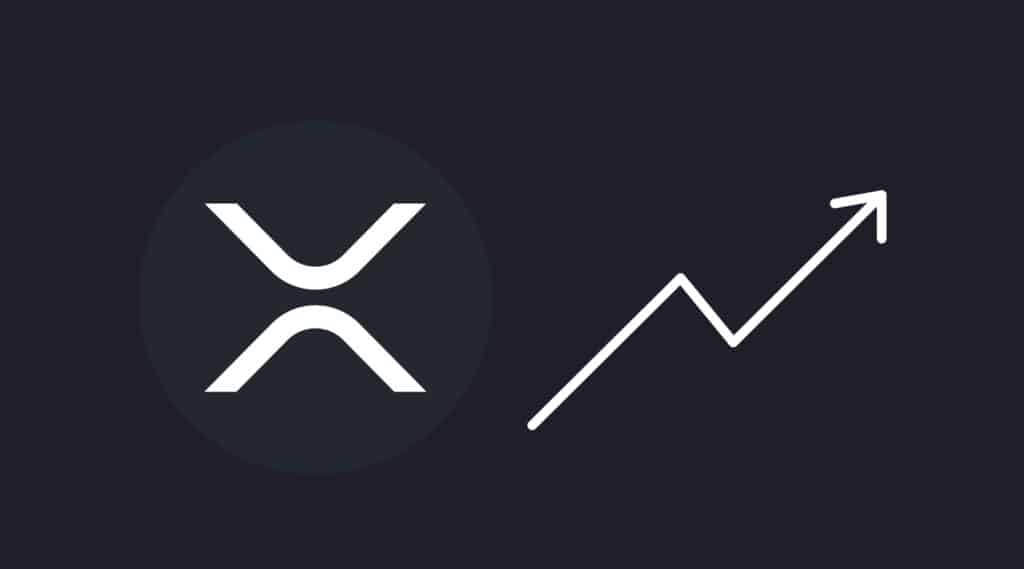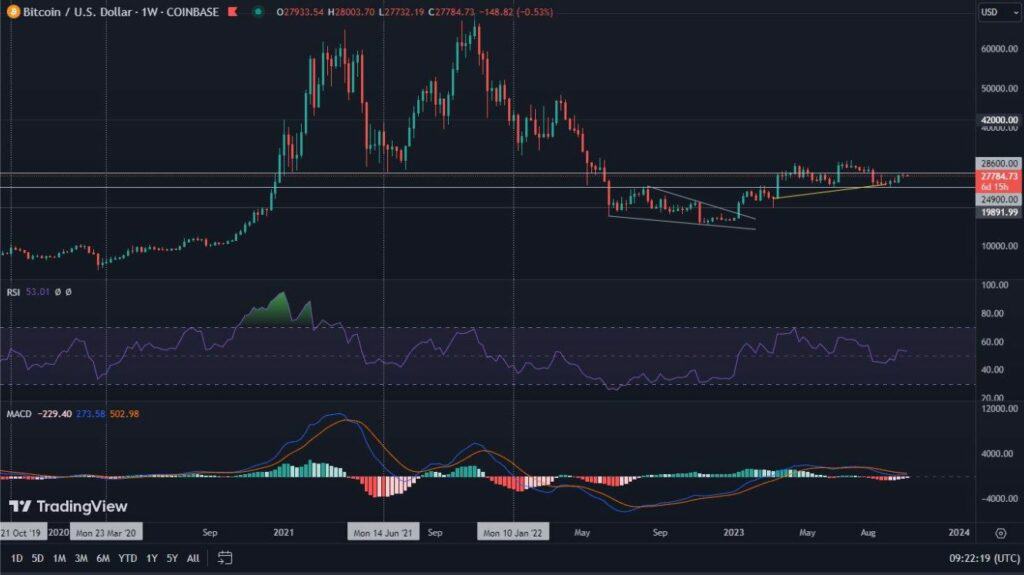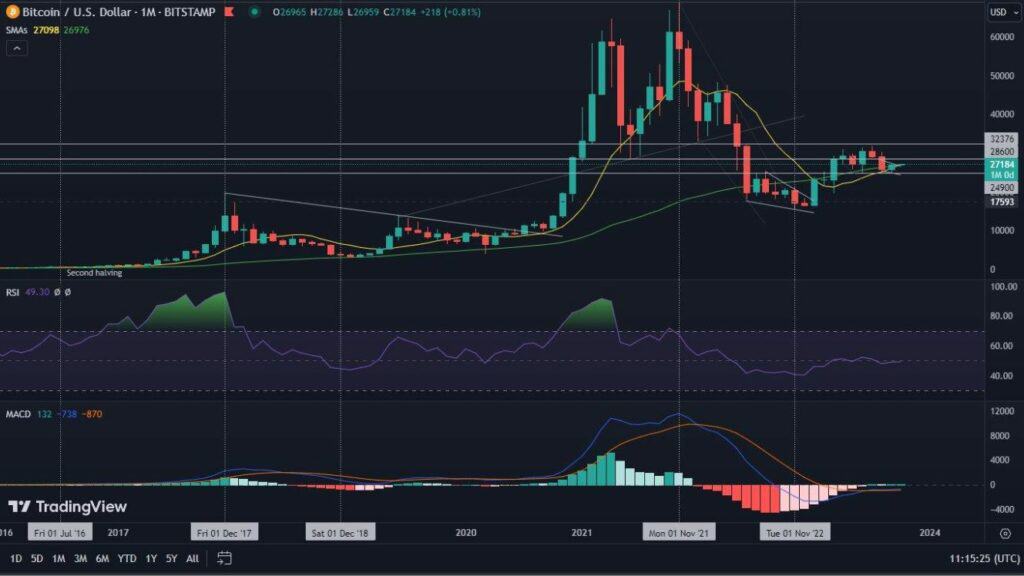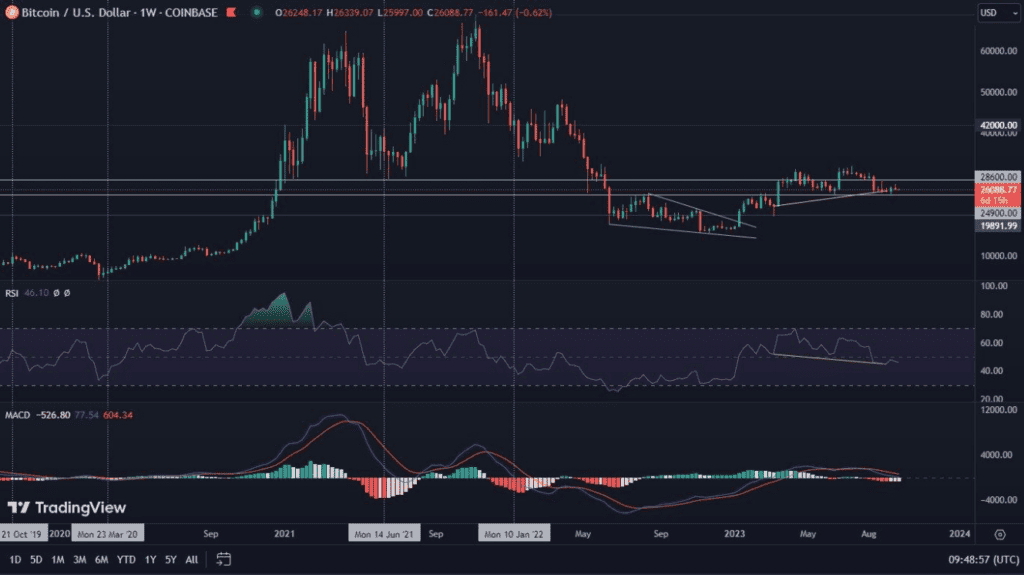In this article, we discuss a free online search engine that allows you to browse the contents of a blockchain database. We also discuss transaction fees, validators, and mempools – special places designed to hold fees until they are further transmitted.
Block Explorer
Blockchain Explorer, also known as Blockexplorer, is a free online search engine that gives you the ability to search the contents of an explicit database of blockchains. Blockexplorer is a database where you can find approved, and pending crypto transactions. Using this search mechanism, you can also monitor where cryptocurrencies were sent from and at what time.
Each cryptocurrency transaction is credited to the Blockchain’s virtual network. It is worth mentioning that among the information that is included are the time of the transaction, the block number, the value of the transaction, as well as the fees and the block size of the data sent.
Popular Block Explorers
Currently, there are many cryptocurrency transaction information search engines available on the market. Some of the most well-known include: Blockchain.com, Blockchair.com, and Tokenview.com. Each of these search engines has a number of features to search for information, and most also allow you to search by wallet address, transaction ID, and block type.
Using a Block Explorer
To check activity after a transaction using Blockexplorer, you can paste in the cryptocurrency wallet address that was used in the transaction. It is important to note that Blockexplorers only allow you to view data for a given blockchain, as different networks have different transaction identifiers (txid).
Transaction identifiers (txid) are unique for every cryptocurrency transaction on the network. Each user is required to pay a transaction fee when transferring their cryptocurrency to another wallet. These fees go to the operators of the so-called miners and the people who confirm these transactions and help keep the network running smoothly – the validators. The amount of this fee depends on how busy the network is and the type of cryptocurrency you are moving.
Not everyone knows that despite the universality of the cryptocurrency transfer system, not all fees are fixed. This means that, although the fees on cryptocurrency exchanges are indeed fixed you can manually adjust the priority of the transaction. If you want to reduce the time expectation for transaction approval, you can pay a higher transaction fee.
It is important to note that different blockchains have different fee rates and it depends on the throughput. Throughput is defined as the number of transactions per second. Lower fees are usually charged by those networks that have higher efficiency and can handle a larger number of customers or transactions.
Cryptocurrency transaction fees
Transaction fees were introduced in the early days of cryptocurrencies as a tool to combat spam or hackers. As the value of cryptocurrencies increased, the charging system changed in favor of network users. Transactions go into a so-called mempool, where they wait to be approved, collected by miners, and finally included in the next free block. When the mempool is full, that causes transactions with lower priority to wait in the queue and those with higher priority to be handled first.
More recently, a new field of data analysis from the inspection and modeling process has also emerged. This is a graphical representation of data known as blockchain analytics, which aims to discover useful information about different types of cryptocurrency transactions.




